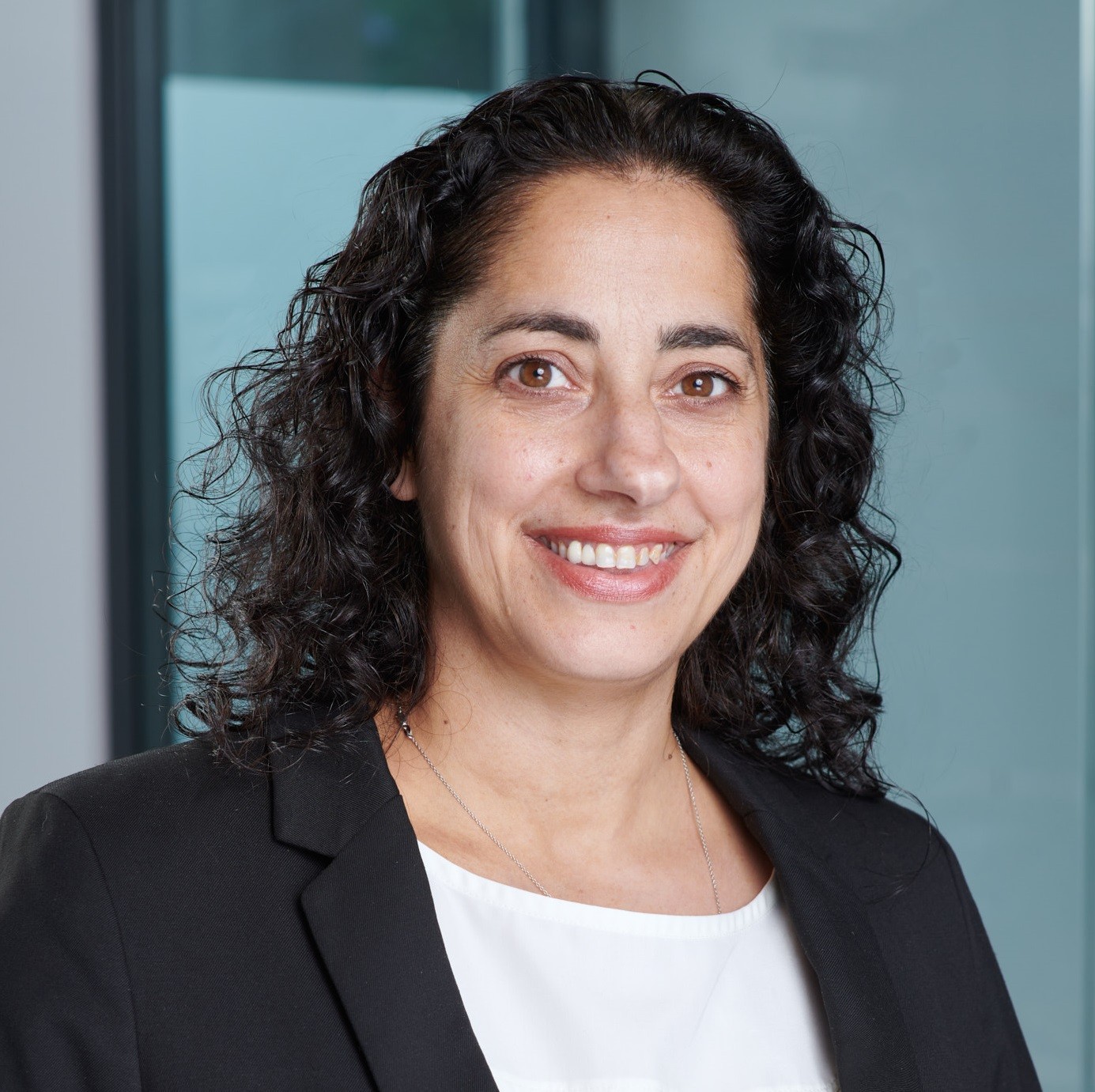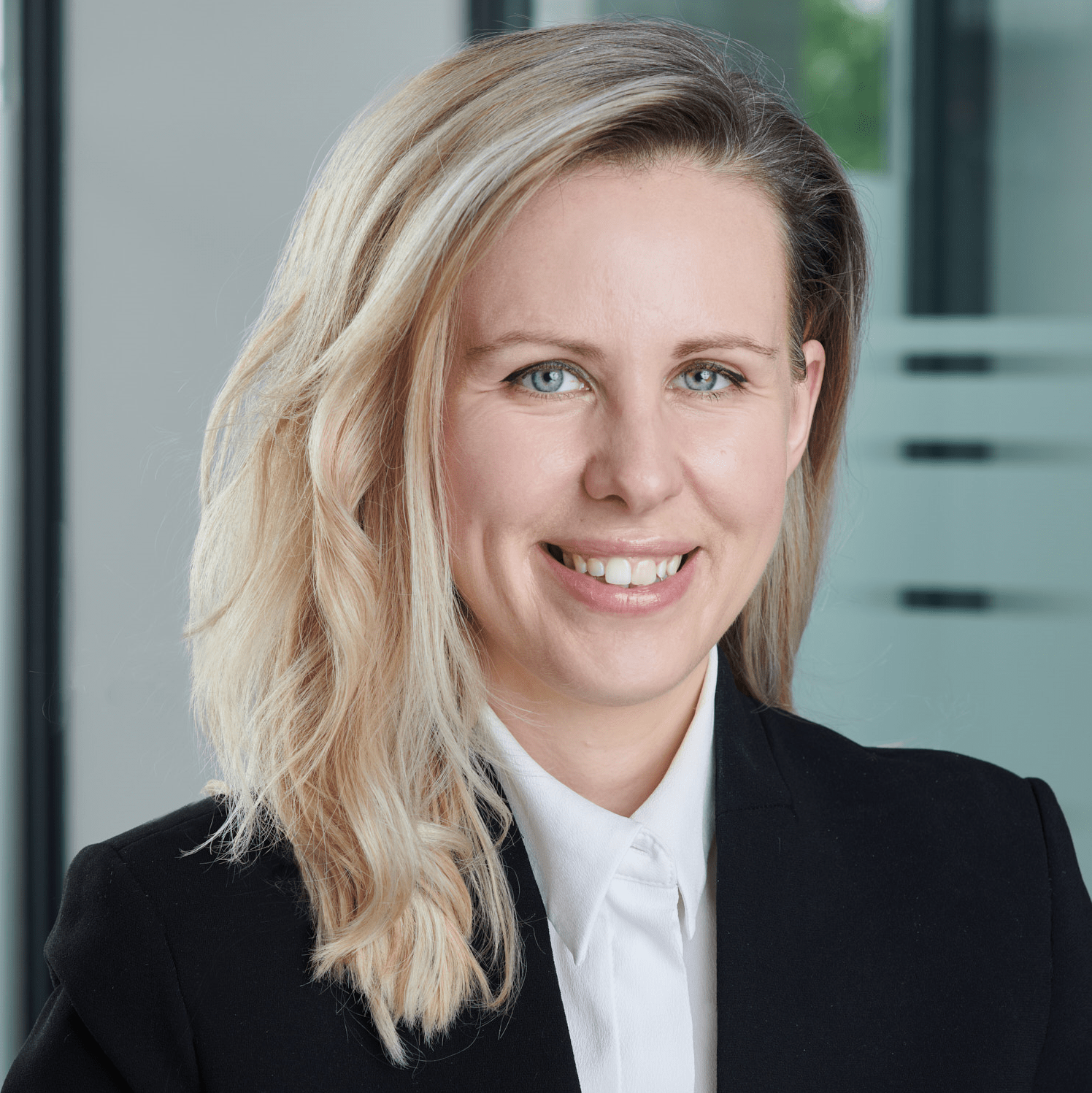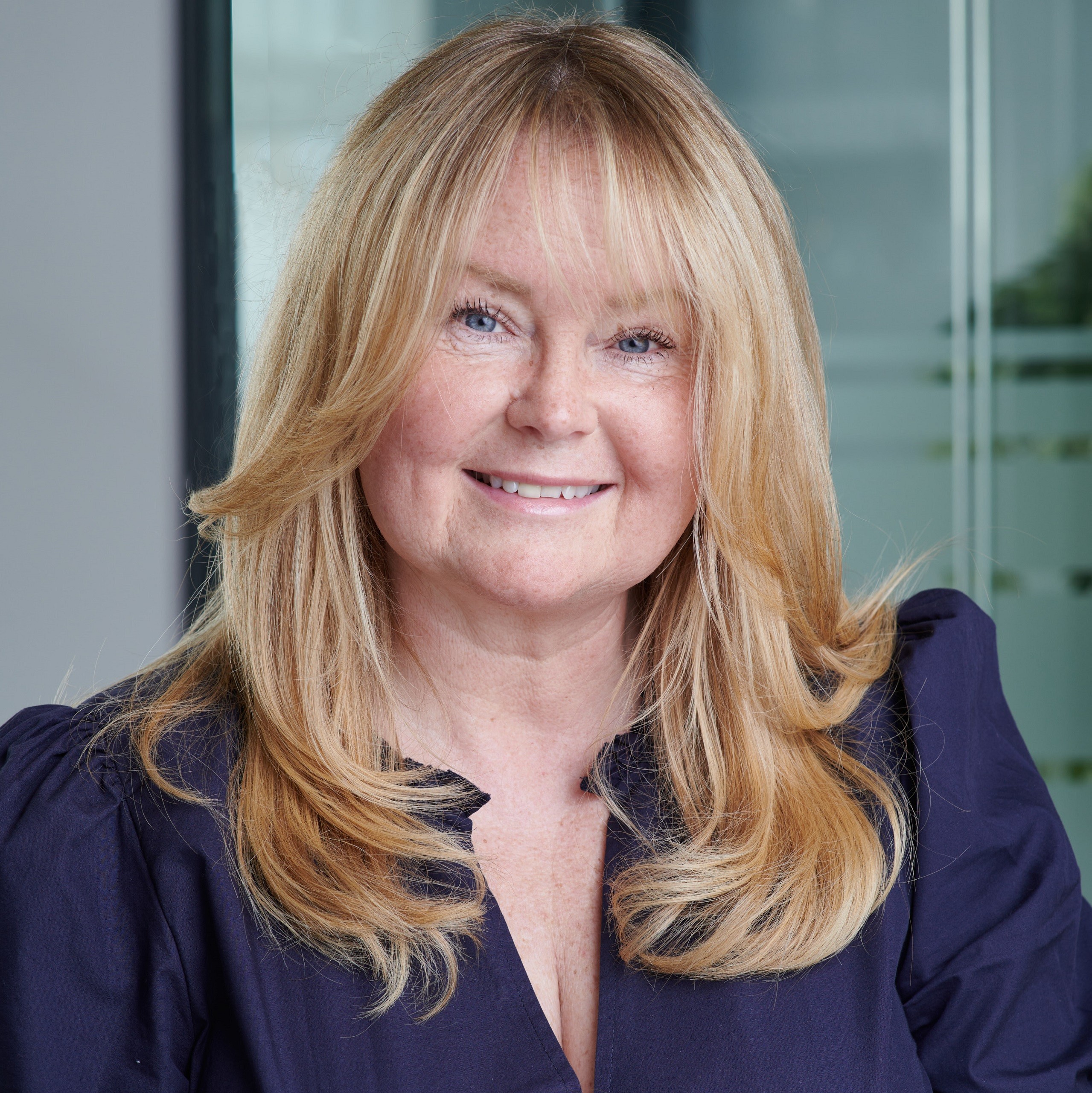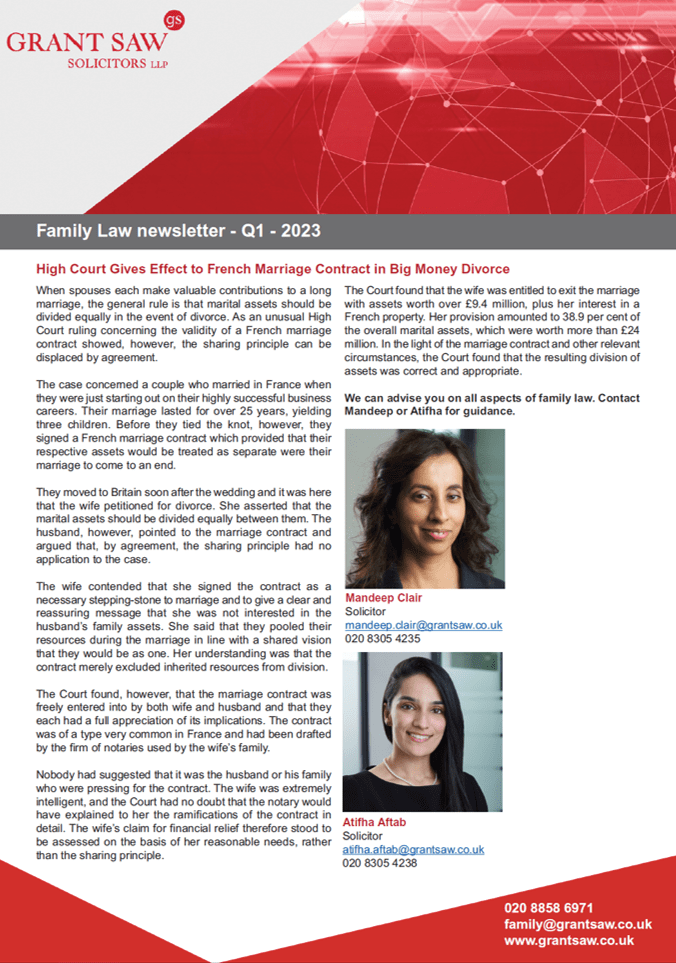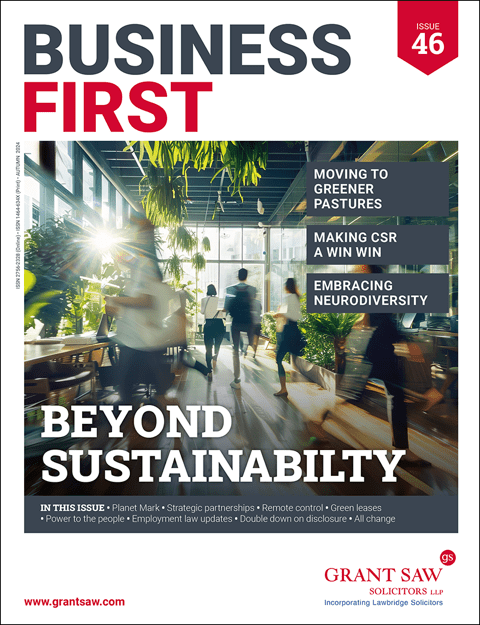When (why) would a company need this service?
If a company is under pressure from creditors to make payment of the sums due to them, but are unable to satisfy those debts, the company may be considered to be insolvent and could be subject to liquidation.
It may be possible for the company to reach an alternative arrangement with all of its creditors in order to avoid Liquidation or Administration with a view to trading through a particularly difficult period. These options include:
- Informal Agreements
- Company Voluntary Arrangements
We will review each of these here.
Informal Agreements
Though the term ‘informal’ is used, the terms of such agreements would be clearly agreed and evidenced in writing. The reference to the agreement being ‘informal’ is to the fact that it is not a Company Voluntary Arrangement (a CVA) within the meaning of the insolvency legislation (as discussed below).
So whilst such agreements do not have the same level of protection as a CVA, if a struggling company acts swiftly and engages in negotiations early, they can be just as effective at helping a company to avoid action by creditors.
Pros:
- Terms can be bespoke;
- Facilitates and encourages ongoing business relationships and trading;
- Can be less costly than formal insolvency procedures; and
- Not publically known and therefore no/limited reputational damage to the company.
Cons:
- Will only bind creditors who are party to the agreement;
- Will not automatically bind all unknown, unsecured creditors;
- Any creditors who are not a party to the agreement can proceed with insolvency proceedings against the company; and
- Will not prevent a creditor from deviating from the agreement and commencing insolvency proceedings (though the existence of such an agreement may persuade the court to adjourn and/or dismiss such proceedings).
Company Voluntary Arrangements (CVAs)
A CVA is similar to the above, in that it is a written agreement between the company and all of its unsecured creditors, that the company will make either a lump sum payment or regular payments (or a mix of both) into a ‘pool’ from which the Supervisor of the CVA (a licenced insolvency practitioner), then distributes to the known creditors on an equal, sharing basis.
Whilst it is a formal insolvency procedure, it can often be a cheaper alternative for the company than Liquidation or Administration. Moreover, its primary objective is to prevent Liquidation by helping companies which have a good underlying business but which have otherwise hit a cash-flow problem.
The outline of the process is as follows:
- Written proposals of the directors, often with the assistance of the nominated insolvency practitioner (the Nominee), are put to the creditors;
- The Nominee files his/her report to the court on the viability of the proposals;
- The creditors are required to vote on the proposals whether they:
-
- Agree to the proposals;
- Agree but request modifications to the proposals; or,
- Object to the proposals.
- For the proposals to pass and bind all creditors, 75% or more in value of the unsecured creditors’ agreement is required;
- In the event the proposals are approved, then all creditors, save for ‘secured’ creditors and ‘preferential’ creditors who did not agree, are bound;
- The Nominee becomes the Supervisor and oversees the implementation of the CVA and adherence to it by the company and directors;
- At the end of the term, usually 60 months, the Supervisor will submit a final report.
Pros:
- Potential to rescue a company during a difficult financial period;
- Cheaper alternative to Administration;
- Small companies may benefit from a period of protection from action by unsecured creditors (called a ‘moratorium’);
- Allows the directors to continue to run the company; and
- Creditors are likely to recover a higher percentage of the debt owed than if Liquidation or Administration were commenced.
Cons:
- Potentially at the mercy of a majority creditor;
- Larger companies may not benefit from a moratorium and so will need to act more quickly to have a CVA approved before a creditor takes action (although the court may agree to postpone such action pending approval – but such would increase costs); and
- No guarantee that Liquidation or Administration will be avoided.
There are various alternatives to Liquidation and Administration which may be available to a struggling company and we would be happy to discuss these with you. Alternatively, if you are a creditor who has been presented with a CVA proposal, or other re-payment plan and wish to consider your options, please do not hesitate to contact us, our solicitors would be more than happy to speak with you. Please visit our ‘contact us’ page for further details.
What should a company do before calling?
In order for our specialist lawyers to assist you, please let us have the following information:
- The names of all of your creditors;
- Details as to whether they are secured or unsecured creditors;
- The amounts owed to each creditor;
- Details and the nature of your relationship with each creditor;
- Details of any debtors you may have who are likely to make payment in the near future; and
- A recent set of company accounts, including profit & loss accounts, and balance sheets.
Is it expensive? What are the likely costs?
We will provide you with an estimate of costs at the outset based on the type of work required.
Our lawyers have extensive experience in advising clients who are faced with the possibility of Liquidation. We will be able to provide you with bespoke and cost effective advice tailored to your circumstances.
Meet the Corporate Insolvency team




























